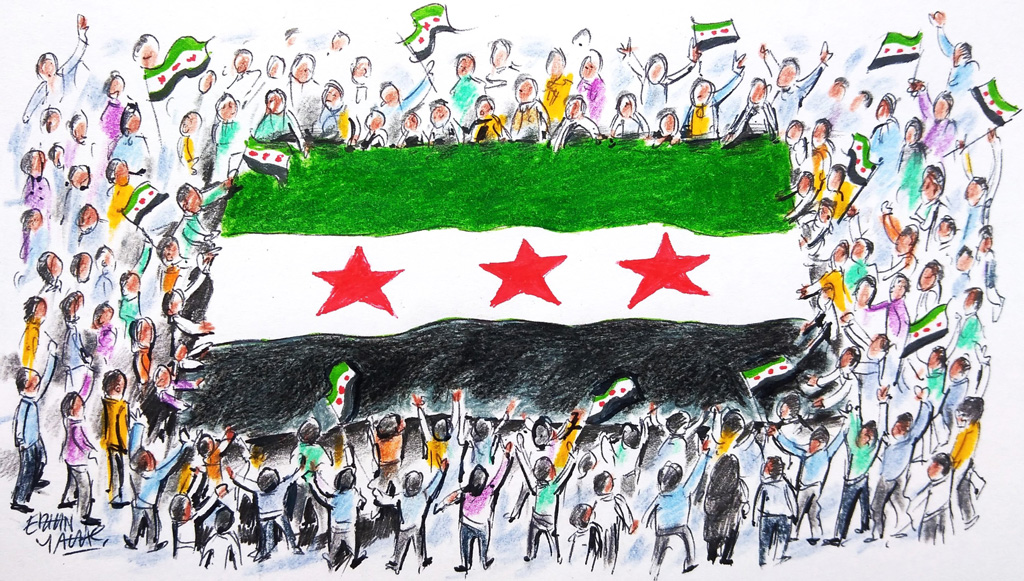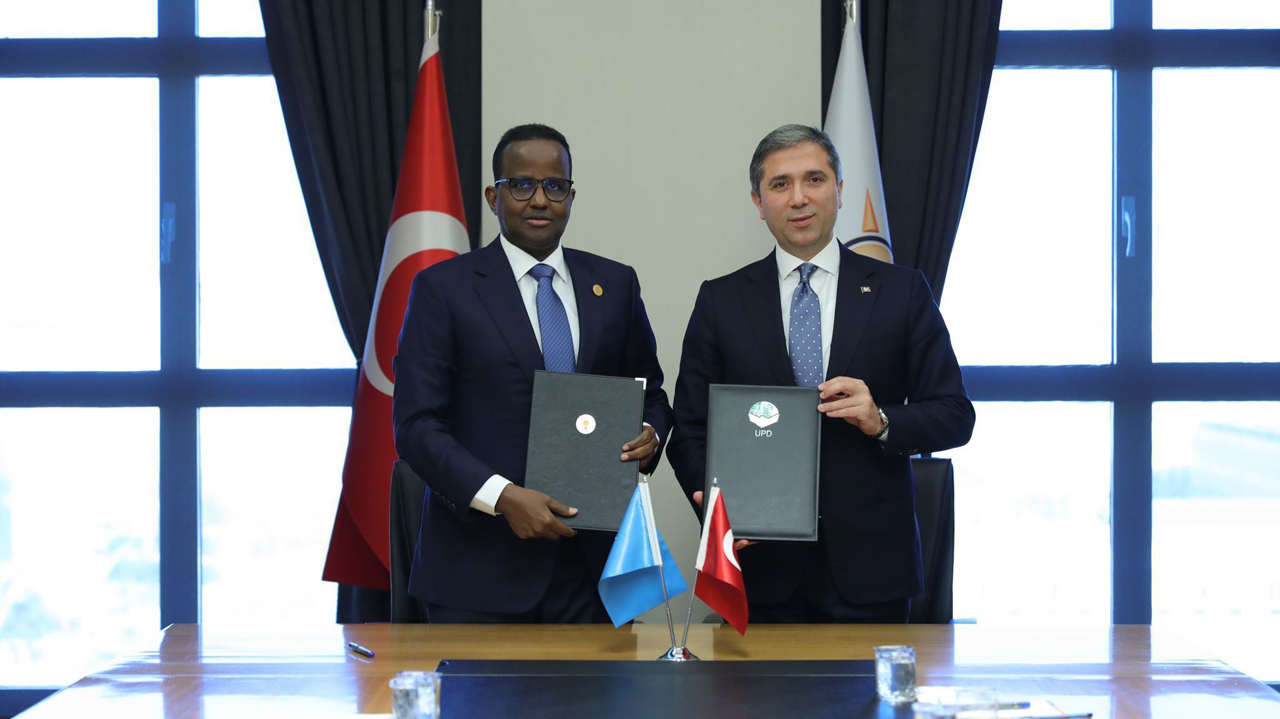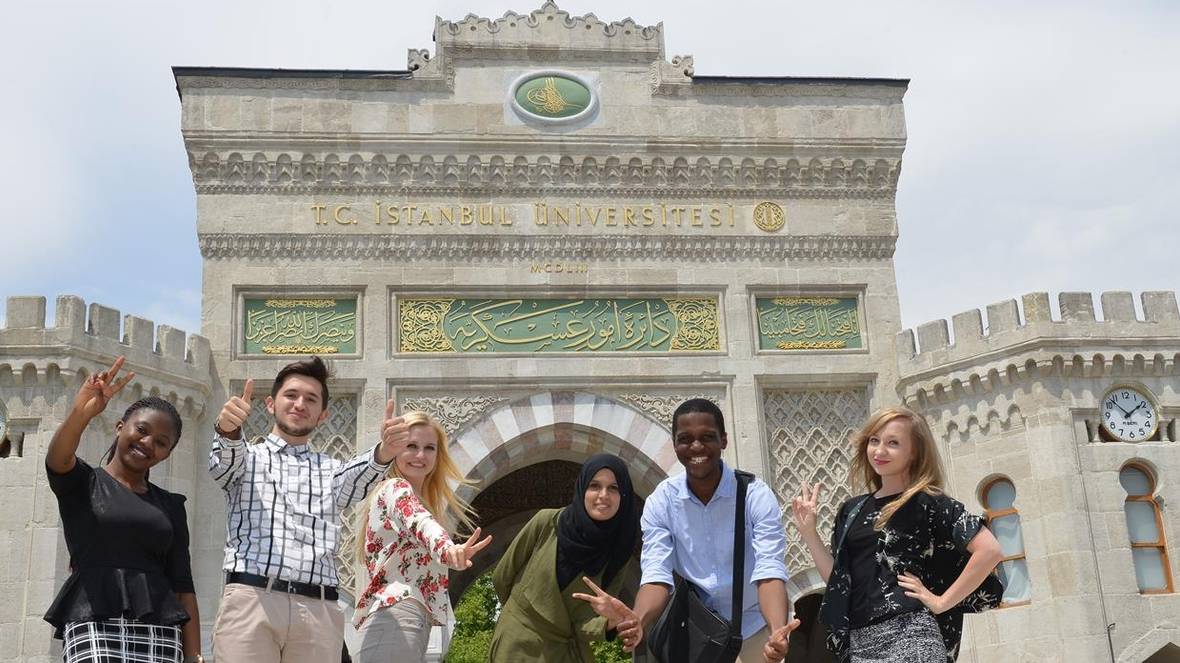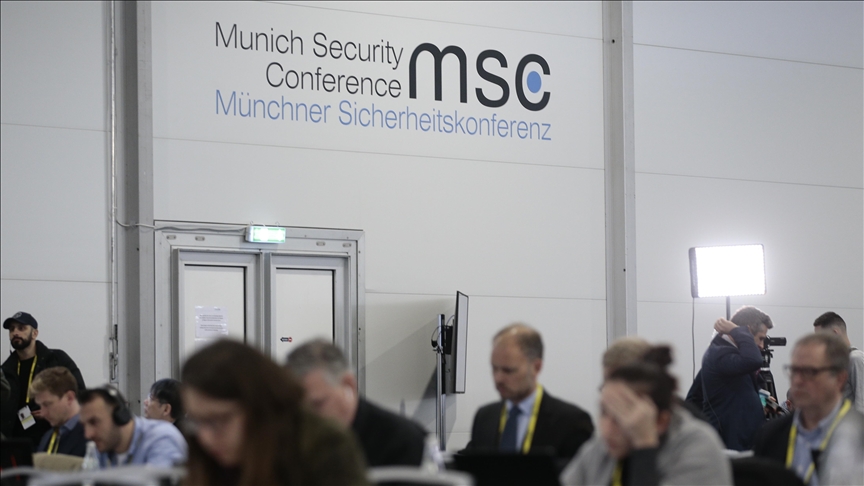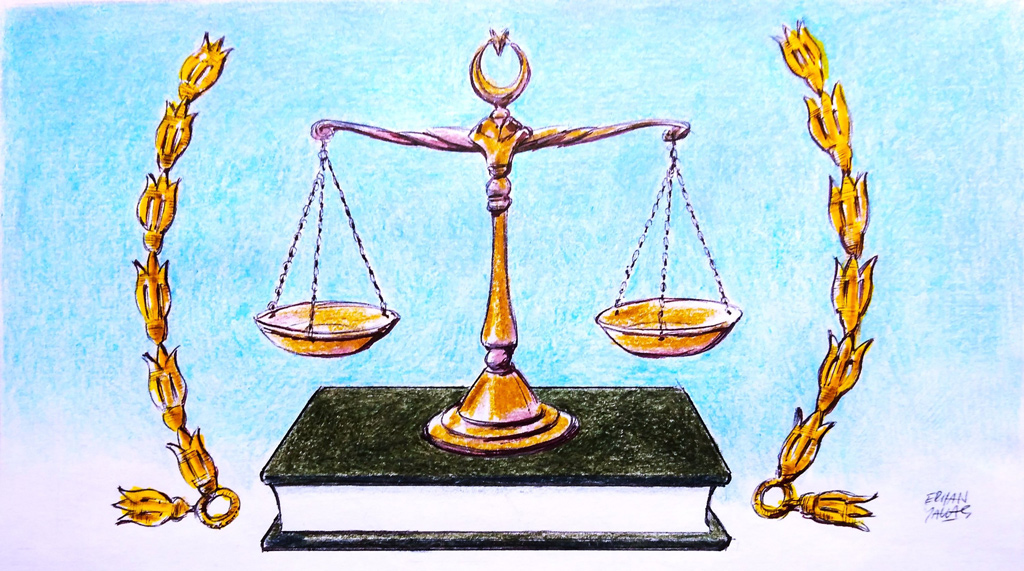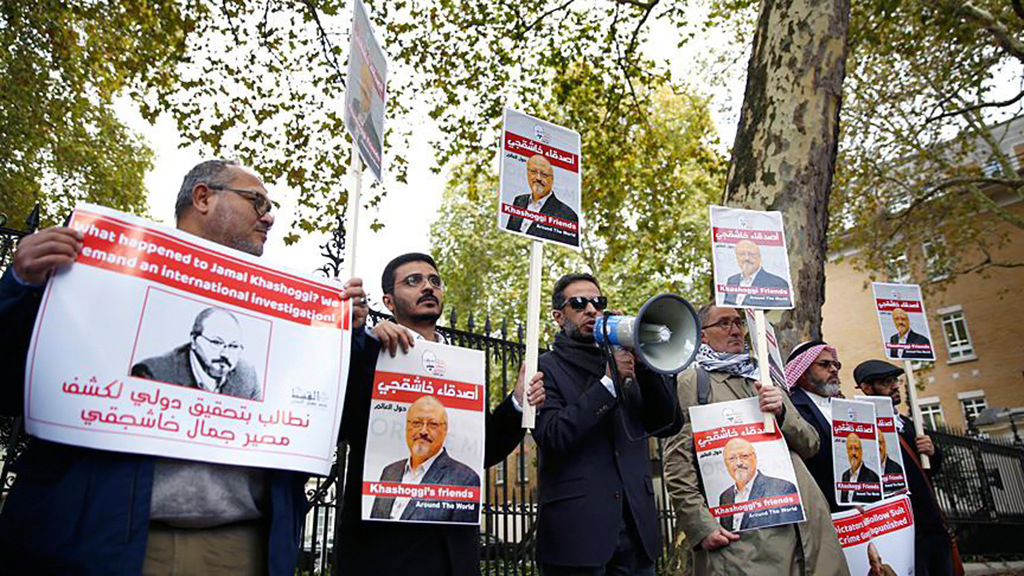
Turkey handled the Khashoggi affair well
Turkey's response to the Khashoggi affair has remained solid and serious since the very beginning and this stance has thwarted some from using the case as a political tool
Share
Since the beginning of the Khashoggi crisis, Turkey's true objective has been questioned by some observers. There are different reasons for that, behind the willingness to resolve a murder that was committed within its borders, and as the crisis unfolded we started to see additional rationales for the Turkish government.First, it is important to remember that the murder took place in Istanbul. Recently, this city has been home to various groups and individuals that were deemed dissidents or opposition by their governments. The Syrian opposition, Egyptian dissidents, Yemeni intellectuals have all sought refuge in Istanbul.
In this context, the Turkish government did not want the Khashoggi case to set a precedent for further operations by foreign intelligence agencies to assassinate their dissidents in Istanbul. Previously, when Russian agents killed some Russian dissidents, the Turkish security forces acted in the same way and arrested them. The Khashoggi affair was not just an issue between Turkey and Saudi Arabia, but was in line with previous Turkish reaction to this type of activity. In addition, what upset Turkish security forces during the crisis was the use of a decoy of Khashoggi. The decoy left the consulate and walked in the streets of Istanbul shortly after Khashoggi entered the consulate. This decoy explained the first statement by Saudi officials about the whereabouts of Khashoggi. They said he left the consulate.
The Turkish perception of this move was an attempt by the Saudi murder squad to put the blame and responsibility on Turkey. Turkey in this way would also be perceived as an unsafe and insecure country where journalists disappear or are kidnapped. Finally, to commit this crime was a serious violation of Turkish sovereignty. The public reacted against this violation immediately after the news broke by organizing demonstrations in front of the consulate. Thus, even if the Turkish government responded in a different way, the public outburst and reaction would have pressured the government to respond like now.
Second, there is the regional dimension. It is true that Turkey was not comfortable with what the Saudi-UAE-Egypt axis was doing in the region. Irresponsible steps by this axis generated serious crises, in Yemen and more recently in Qatar. When the first details of the crime were revealed, the Turkish government considered the danger of this being another irresponsible action by this axis that might spread to the territories of Turkey. In particular, the Turkish public was following the stories that broke out in the West in regards to the UAE hiring former special forces members and other mercenaries to assassinate political leaders in some countries. The assassination of a journalist in Istanbul generated concern that it might be another hit by these squads. On the other hand, in regards to its relationship with Saudi Arabia, it would be appropriate to mention that from the very beginning, the Turkish government aimed to try to handle this crisis together with Saudi Arabia and the international community. Unlike comments by some observers, the Turkish side never wanted to harm its ties with Saudi Arabia. It was a pattern that is obvious in Turkish foreign policy. Even in the midst of the Qatar crisis when the Saudi-UAE-Egypt axis wanted Qatar to close the Turkish base, President Erdoğan called the Saudi king an authority figure in the region and asked him to resolve the crisis. However, the Turkish government also did not want Saudi authorities to discredit the findings of Turkish investigators, prosecutors and security forces in regards to this crime. A final dimension concerned the U.S. reaction to this issue. Although there was an idea about the rapid improvement of ties between the U.S. and Saudi Arabia and increasing strategic cooperation in the region, reactions from various branches of government and agencies in the U.S. demonstrated that the rapid improvement of ties was actually between Trump and his inner circle and the royal family.
Finally, the issue generated a systemic concern for Turkey. In regards to the future of the Middle East, Turkey for years has been indicating the unraveling of order in the region. For the last few years, we witnessed a terrorist organization establish a kind of a state in the region. Then a superpower tried to defeat that terrorist organization by supporting another terrorist group. A brutal regime in the region used weapons of mass destruction against civilians. The biggest humanitarian tragedy since World War II took place. A country kidnapped the prime minister of another country. And another country spread its proxies to destabilize almost all the countries in the region. We now have multiple failed states, and there is no plan for stabilization, rehabilitation or reconstruction of these countries.
In the midst of all of this disorder turning embassies and consulates into places for interrogation, torture and execution would be the total destruction of anything that looks like order. Turkey has been suffering from regional unraveling, becoming the target of terrorist groups, becoming the destination of those who run away from this, by the spill over of violence and crimes of failed states; thus, it definitely wanted to avoid the spread of other disorderly elements to its borders. Furthermore, for Turkey this act challenges the international order. If the current system is not be rehabilitated or revised, such actions will turn order into chaos as international norms and agreements are being violated. President Erdoğan's statement during his speech on Tuesday on the Vienna agreement was also a response to this situation.
For all these reasons, it is impossible for Turkey not to respond to this crisis. As mentioned multiple times by Turkish officials, the investigation will be thoroughly conducted to reveal those responsible for these crimes and to discourage and deter attempts to repeat such a crime and to roll back norms and rules.
[Daily Sabah, 28 October 2018]
Tags »
Related Articles
Policy Report
European Sky Shield Initiative | Capacities, Criticisms, and Türkiye’s Contribution
February 2025



